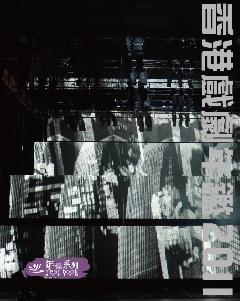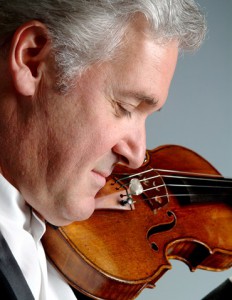Long buried in obscurity and hardly known among Chinese opera connoisseurs, Liuzi (or Willow) opera from the Shandong province made its debut in Hong Kong earlier this week.
The opera’s signature play is Sun An Presenting Memorials. Written in 1956, it tells the story of Sun An, an upright mandarin in the Ming dynasty, who presents three petitions to the emperor daily to condemn prime minister Zhang Cong. The teenage emperor, virtually at the beck and call of Zhang, chastises Sun and forbids him to petition again. Undaunted, Sun brings his wife and child, who first put their family before the people, to the court for an audience, only to be sentenced to death. Finally, grand marshal Xu Long, whose ancestors helped found the nation, storms the palace with the imperial mallet bestowed by the late emperor, brings the puppet ruler to his senses and gives Zhang a sound beating.
Today, the Liuzi Operatic Troupe of Shandong is the only surviving group in China with just 80 persons, including administrative staff. Lu opera, a relatively infant and immature regional opera coming on the scene in the early 20th century, has been considered the representative genre of Shandong, whereas Liuzi opera, the 500-year-old big brother, has sadly sunk into oblivion. In the early days of the Qing dynasty, the Liuzi vocal style was widely known as one of the four major operatic tunes, capturing the whole eastern China. Folk tunes and ditties of the Yuan, Ming and Qing dynasties formed the integral part of its music fabric, and its long history has made the art aesthetically accomplished and elaborate.
Compared with Peking opera and Kunqu, hailed as the “national” operas, regional operas, thriving mostly in the rural provinces, are much more down-to-earth with a stronger folk flavour. The high officials, supposedly awe-inspiring, are often portrayed with a comic sense of innocence. In the scene where his petitions in defence of Sun An are turned down, the disgruntled Xu Long writes in the last one, “No matter what, I demand your pardon. Give your consent! Consent! Consent!” Such devil-may-care attitude, the well known trait of the Shandong people, is also mirrored in their art.
What Sun An Presenting Memorials has to offer is more than the rustic beauty of regional operas. In scene six, Sun An is seen drafting another appeal at the expense of his life, only to be stopped by his wife who pleads on her knees for their infant son and the widowed mother-in-law. After a hard struggle, Sun reminds the imploring wife of a tragic scene they saw together─a distraught widow drowned herself after her husband and son had been murdered by the minister, a plight with which Sun’s wife instantly empathizes. Deeply moved, she changes her mind and orders the servant to prepare three coffins for the entire family. Psychological subtlety and complexity of the character, which many Western critics find wanting in Chinese opera, is depicted in graphic detail; the noble qualities in human nature are brought to the fore after a series of moral struggles, free of any attempt at tear-jerking. A well-written script as this is hard to come by in Peking opera, which tends to emphasize performance over literature.
I am thrilled to see that Liuzi opera, which is really worth recommending, went down very well with the Hong Kong audience and critics alike. A chance to perform here is nothing unusual for some big opera troupes, but can mean life or death for a regional opera which is struggling to survive. The LCSD is making a good effort to offer new delights to Chinese opera fans in Hong Kong─a bracing scene indeed in a bustling city where the old is quickly giving way to the new.
本網站內一切內容之版權均屬國際演藝評論家協會(香港分會)及原作者所有,未經本會及/或原作者書面同意,不得轉載。









